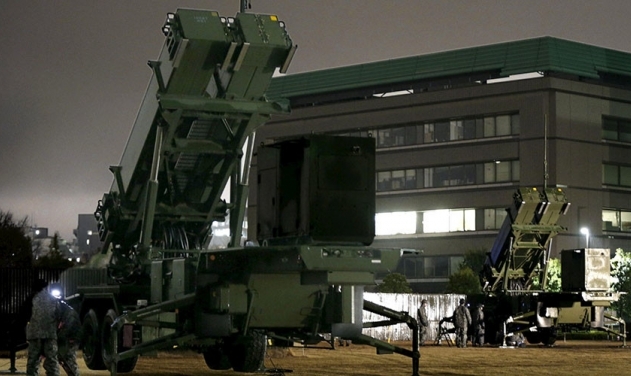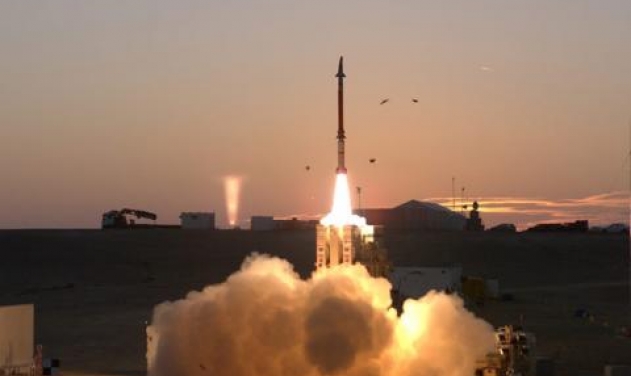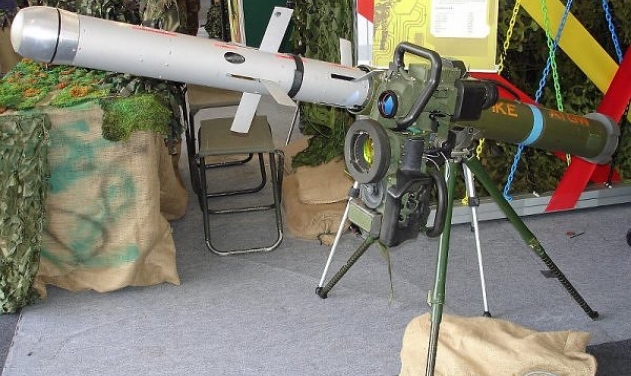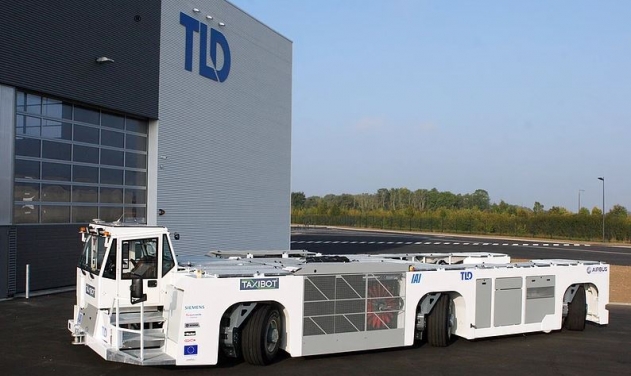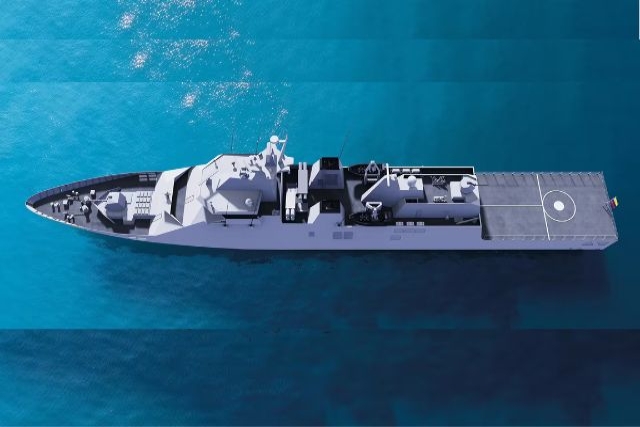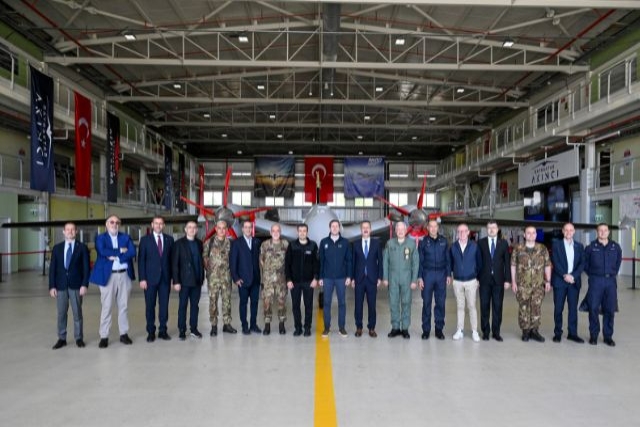Israel Eyes Fighters, Helicopters Purchase from Boeing using US Military Aid
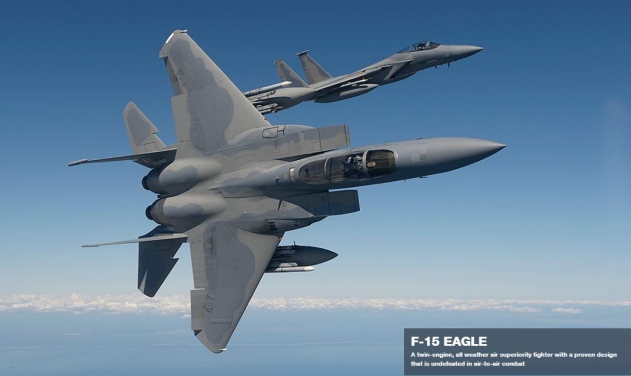
Israel is planning to buy aircraft worth $11 billion that include a squadron each of F-15 fighter jets with upgraded stealth features, cargo helicopters and aerial refuelling planes from Boeing using the United States military aid.
This will be the largest-ever acquisition by Israel. The purchase will be funded from US military aid money, which comes to some $3.8 billion annually, over the next decade as the new planes and helicopters are delivered, according to a report in the Israel Hayom daily quoted by Times of Israel Thursday.
According to military officials, Israel’s Yas’ur cargo helicopters (otherwise known as the Sikorsky CH-53 Sea Stallions) and refueling planes are thought to be outdated, and their replacement has been a priority for the Air Force.
The Air Force favors replacing the aging squadrons with Boeing platforms over some of the company’s competitors for several reasons, the report says. Boeing’s refueling planes are based on the 767 passenger jet, have a proven record of reliability and can be delivered fairly quickly. Boeing’s helicopter lines, specifically the CH-47 Chinook and V-22 Osprey, mean a single procurement deal can deliver a helicopter squadron with more diverse capabilities.
The Chinook is among the most load-bearing of military helicopters on the market, while the Osprey is a tilt-rotor craft that can take off and land like a helicopter but flies like an airplane.
If the deal goes through and Israel returns to purchasing F-15s, it would mark the first Boeing fighter jet acquisition by the Israeli Air Force in two decades. In the years since, Israel has bought 100 F-16s and another 50 F-35 stealth jets from Boeing’s chief competitor, Lockheed Martin.
The F-15s being considered in the deal, to be dubbed IA for “Israel Advanced,” according to Israel Hayom, would be an upgraded version of the old plane that would include certain stealth capabilities, such as radar-absorbing paint and internal weapons carriage.
The deal has yet to be finalized. A final recommendation from the Air Force is expected to be delivered soon to Chief of Staff Lt. Gen. Gadi Eisenkot and the Defense Ministry. A final decision on so hefty a purchase would then have to be approved by the 10-member security cabinet.
